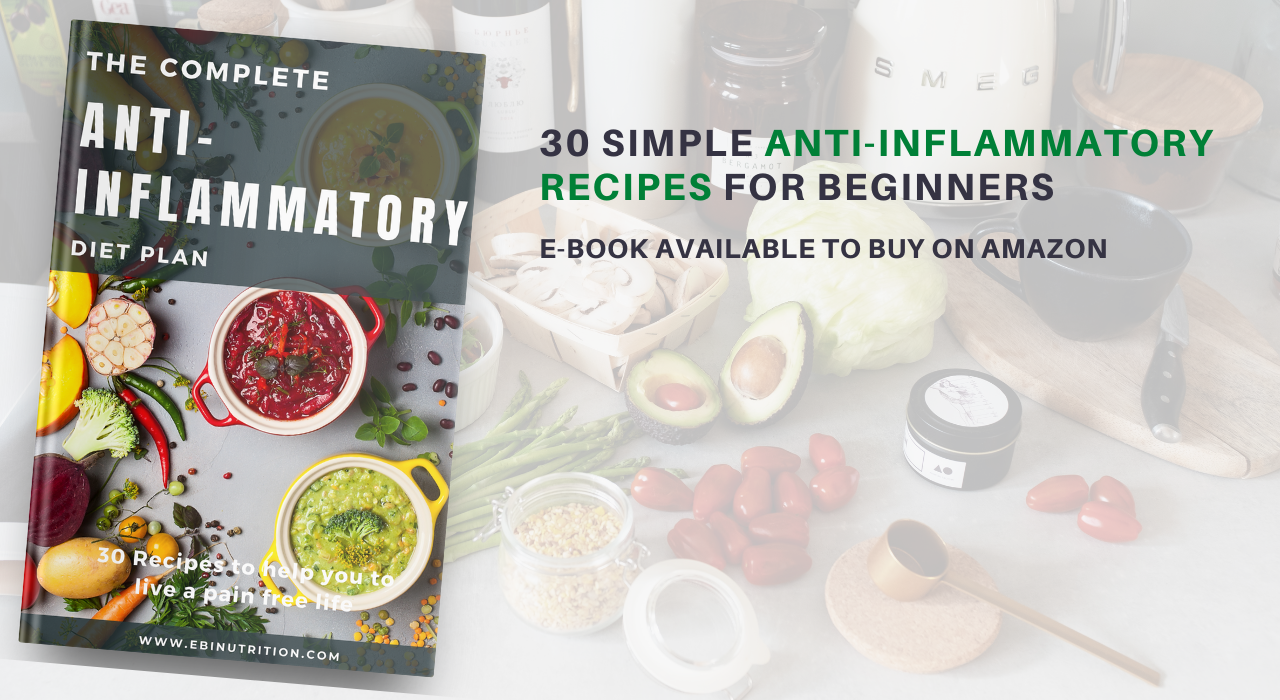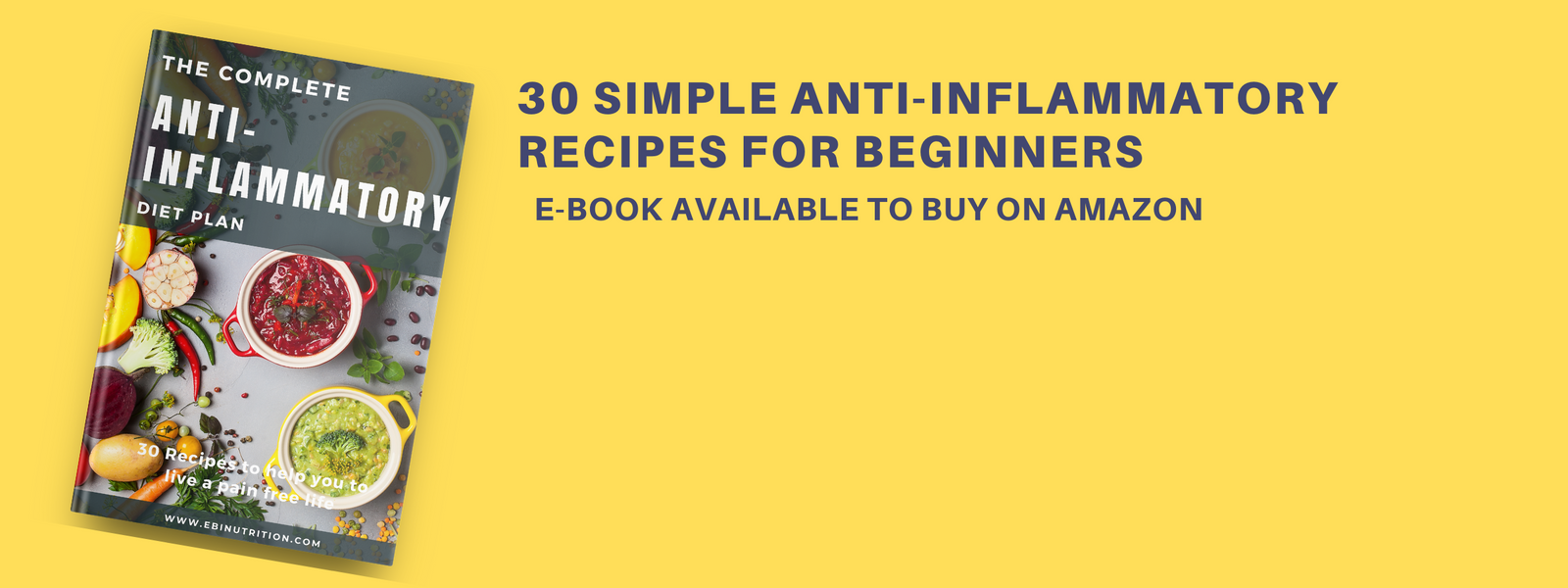Omega-3 Fatty Acids As Adjunctive Therapy In Crohn’s Disease
Nurs. 2006 Jul-Aug;29(4):295-301; quiz 302-3.
Crohns disease is an inflammatory bowel disease that can have a significant impact on the health of those afflicted. The etiology of the disease is unknown, but genetic, environmental, dietary, and immunological factors are thought to be involved. Multiple nutrients can become depleted during active disease due to inadequate intake or malabsorption. Preventing these deficiencies is paramount in the care of those suffering from Crohns disease. Often the traditional treatments (medications) have limited effectiveness and negative side effects that inhibit their use. Enteral nutrition has promising therapeutic benefits, but its use is often limited to the pediatric population due to poor patient acceptability. Omega-3 fatty acids have been investigated for their anti-inflammatory properties as an alternative to traditional care. This article reviews the etiology of Crohns disease, nutritional deficiencies, traditional treatments, and the use of omega-3 fatty acids in the prevention of Crohns recurrence. The results from clinical trials have been conflicting, but a new fish oil preparation that limits the side effects of traditional fish oil therapy shows promise as an adjunctive treatment for Crohns disease. Continued research is needed to validate these findings.
Fish Oil For Inflammatory Bowel Disease
Lipids Health Dis. 2006 Mar 20;5:6.
BACKGROUND: A high dietary intake of n-6 compared to n-3 fatty acids (FAs) may promote the production of pro-inflammatory eicosanoids and cytokines. In two recent studies, short-term (10-day) duodenal administration of n-3 polyunsaturated fatty acid rich seal oil ameliorated joint pain in patients with inflammatory bowel disease (IBD). Using unpublished data from these two studies we here investigated whether normalisation of the n-6 to n-3 FA ratio in blood and tissues by seal oil administration was associated with improved health related quality of life (HRQOL) as assessed by the generic short-form 36 (SF-36) questionnaire. RESULTS: In the first pilot study, baseline n-6 to n-3 FA ratio in rectal mucosal biopsies from 10 patients with IBD (9 of those had joint pain) was significantly increased compared with that in 10 control patients without IBD or joint pain. Following seal oil administration, the n-6 to n-3 FA ratio of the IBD-patients was significantly lowered to the level seen in untreated controls. In the subsequent, randomized controlled study (n = 19), seal oil administration reduced the n-6 to n-3 FA ratio in blood similarly and also the SF-36 assessed bodily pain, while n-6 FA rich soy oil administration had no such effect. CONCLUSION: In these two separate studies, short-term duodenal administration of seal oil normalised the n-6 to n-3 FA ratio in rectal mucosa and improved the bodily pain dimension of HRQOL of patients with IBD-related joint pain. The possibility of a causal relationship between n-6 to n-3 FA ratio in rectal mucosa and bodily pain in IBD-patients warrants further investigations.
Fish Oil For Ulcerative Colitis
Clin Gastroenterol Hepatol. 2005 Apr;3(4):358-69.
BACKGROUND & AIMS: N-3 fatty acids from fish oil, antioxidants, and short-chain fatty acids (SCFAs) produced during the fermentation of soluble fiber may attenuate inflammation associated with ulcerative colitis (UC). We assessed the efficacy of a nutritionally balanced oral supplement enriched with fish oil, fructooligosaccharides, gum arabic, vitamin E, vitamin C, and selenium on disease activity and medication use in adults with mild to moderate UC. METHODS: A total of 121 patients with UC and a disease activity index (DAI) from 3-9 on a 12-point scale were block randomized for extent of disease and smoking status. In addition to their usual diet, patients consumed 18 oz of the oral supplement or a carbohydrate-based placebo formula each day for 6 months. Clinical and histologic responses were assessed at 3 and 6 months or at the final visit. A change in average prednisone use between groups was tested by using a linear mixed-effects model. RESULTS: Eighty-six patients completed the study. Baseline characteristics were not different between groups except for a higher total DAI score in the oral supplement group (7.3 +/- 1.3; n = 36) compared with the placebo group (6.2 +/- 2.0; n = 50) ( P < .05). Both groups showed significant and similar degree of improvement at 6 months in DAI (-2.5 for oral supplement and -2.8 for placebo) and histologic index (-1.9 for oral supplement vs. -2.0 for placebo). Both intent-to treat and completed patients given oral supplement had a significantly greater rate of decrease in the dose of prednisone required to control clinical symptoms over 6 months as compared with the placebo group (P < .001). CONCLUSIONS: The improvement in clinical response combined with a decreased requirement for corticosteroids suggest that this enriched oral supplement can be a useful adjuvant therapy in patients with UC.
Fish Oil For Crohn’s Disease
Aliment Pharmacol Ther. 2005 Dec;22(11-12):1121-8.
BACKGROUND: Crohn's disease is a chronic inflammatory condition affecting the gastrointestinal tract. Polyunsaturated omega-3 fatty acids given orally may reduce the secretion of proinflammatory cytokines and hereby downregulate the inflammatory process. AIM: To assess the effects of enteral fatty acids, in the form of Impact Powder (Novartis, Switzerland), as adjuvant therapy to corticosteroid treatment on the proinflammatory and anti-inflammatory cytokine profiles in patients with active Crohn's disease. METHODS: The proinflammatory and anti-inflammatory cytokines were measured in plasma from 31 patients with active Crohn's disease. Patients were randomized for oral intake of omega-3 fatty acid (3-Impact Powder) or omega-6 fatty acids (6-Impact Powder). Clinical and biochemical markers of inflammation were studied at baseline and after 5 and 9 weeks. RESULTS: Within the 3-Impact Powder group, no significant changes in concentrations of interleukin-6, interferon-gamma, monocyte chemoattractant protein-1, interleukin-2, interleukin-5 and interleukin-10, whereas a significant differences in concentration of interleukin-1beta and interleukin-4 were observed during therapy. Within the 6-Impact Powder group a significant changes in concentrations of interleukin-1beta, interleukin-6, interferon-gamma, monocyte chemoattractant protein-1, interleukin-2, interleukin-4, interleukin-5 and interleukin-10 were observed. CONCLUSIONS: The 3 Impact Powder showed immunomodulatory properties and might inhibit an increase of proinflammatory cytokines in contrast to the 6-Impact Powder.
Fish Oil For Crohn’s Disease in Children
World J Gastroenterol. 2005 Dec 7;11(45):7118-21.
AIM: To assess the value of long-chain omega-3 fatty acids (FAs) supplementation in addition to amino-salicylic-acid (5-ASA) in pediatric patients with Crohn's disease (CD). METHODS: Thirty-eight patients (20 males and 18 females, mean age 10.13 years, range 5-16 years) with CD in remission were randomized into two groups and treated for 12 mo. Group I (18 patients) received 5-ASA (50 mg/kg/d)+ omega-3 FAs as triglycerides in gastro-resistant capsules, 3 g/d (eicosapentanoic acid, EPA, 400 mg/g, docosahexaenoic acid, DHA, 200 mg/g). Group II (20 patients) received 5-ASA (50 mg/kg/d)+olive oil placebo capsules. Patients were evaluated for fatty acid incorporation in red blood cell membranes by gas chromatography at baseline 6 and 12 mo after the treatment. RESULTS: The number of patients who relapsed at 1 year was significantly lower in group I than in group II (P<0.001). Patients in group I had a significant increase in the incorporation of EPA and DHA (P<0.001) and a decrease in the presence of arachidonic acids. CONCLUSION: Enteric-coated omega-3 FAs in addition to treatment with 5-ASA are effective in maintaining remission of pediatric CD.







